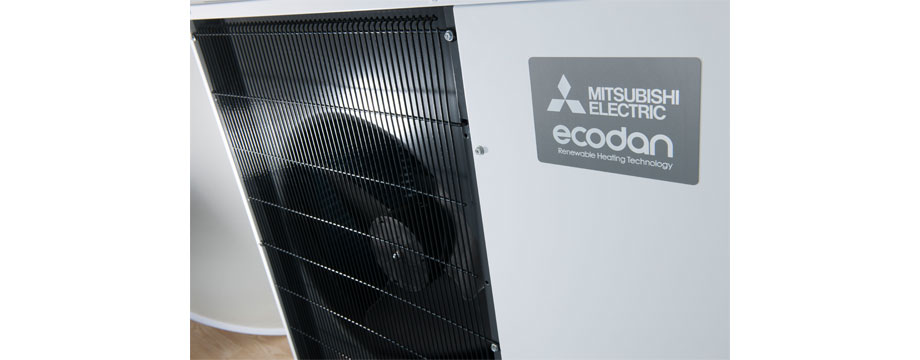If you’ve been paying attention to the news recently and especially stories about carbon reduction targets and the build-up to COP26 in Glasgow, you can’t have missed mention of heat pumps.
There has been good, bad and uninformed comment but the main message is clear: Heat pumps are here now, and they offer a viable solution to heating our homes in a low carbon way that will help tackle climate change.
And the country really needs to find a way to decarbonise society, if we are to get anywhere near the ambitious targets for carbon reduction that the government has signed up to.
And this is where heat pumps can really help!

Objective and fair-minded
The Observer ran an article by their energy correspondent, Jillian Ambrose - “Warmth from the earth and air: could heat pumps replace our gas boilers?”
I believe this article is one of the first to tackle this subject in an objective, fair-minded way.
Gas and oil lobby are fighting to show that they can remain viable in a low carbon economy and heat pumps are a real threat to their dominance in the heating industry.
It’s also worth noting those parties pushing Hydrogen as part of the solution, also seem to be running an ‘anti-heat pump’ message.
Yet there remain questions about the carbon intensive production needed for this hydrogen technology and, if it can work on the scale needed, it’s at least 10 years away – we simply don’t have the time to wait around.
Stumbling blocks
The article talks honestly about costs of heat pumps compared to gas boilers and the need to train up to 40,000 installers, but it also challenges the myths that heat pumps won’t work in older homes.
Ambrose focuses on three main stumbling blocks that are stopping heat pumps becoming mainstream: The upfront costs; the low levels of insulation in UK homes; and bad press from faulty or low-quality installations.
When it comes to effective use of heat pumps, of course you need to choose a quality brand first, but equally important is the design, installation, commissioning, and control of the system – and this is where training is the key.
The HPA has set up a new programme to help train up to 40,000 installers each year and Mitsubishi Electric have also introduced online learning to make training easier, cheaper and more accessible to everyone.
A major part of the role of the installer is educating the homeowner so that they get used to the different way heat pumps work, but this is also where the best systems have automated controls to ensure they work correctly.
Upfront costs
Heat pumps are still more expensive than gas boilers, but gas has been the dominant method of heating our homes for over 70 years. Heat pumps have been around just over a decade fitting in around 40,000 properties. The sooner we grow the number of installers and produce ten times more heat pumps a year, then the costs will come down for installation.
But even before installation prices start to drop, there is one area where heat pumps win hands down, and that is over oil heating.
Installation costs for electric heat pumps are comparable or even lower than a new oil boiler and the running costs offer a serious reduction in annual bills over oil.
Add in the removal of a messy oil tank in your garden, the risk of theft in rural areas, and the volatility of both oil price and deliveries, and there really isn’t an argument anymore.
 Insulation
Insulation
Whilst it’s true that a heat pump will work most effectively in a highly insulated property, they can work well in even the most basic of homes.
Heat pumps can also work alongside an existing gas or oil boiler with the intelligent control system able to work out when to switch over from the heat pump to the other system.
So, regardless of any plans the government may or may not have to help improve insulation in homes, heat pumps do offer a viable alternative to the carbon-intensive systems that really are ‘costing us the earth’.
Max Halliwell (left) - Communications Manager for Renewable Heating at Mitsubishi Electric and Vice Chair of the Heat Pump Association
Visit the Ecodan website
- Log in to post comments















